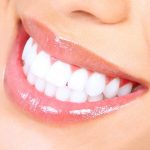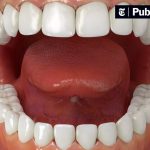Why Does Biting Down Hurt My Teeth? Common Causes and Remedies

Have you ever experienced a sharp pain in your teeth when you bite down on something? This unpleasant sensation can be caused by a variety of factors and can range from mild discomfort to excruciating pain. Tooth pain can disrupt your daily routine and make it difficult to eat or drink comfortably. Understanding the causes of tooth pain when biting down and the available remedies can help you manage the discomfort and prevent further damage to your teeth. Tooth sensitivity when biting down is a common complaint among individuals of all ages. The pain may occur in one or multiple teeth and can be triggered by hot or cold foods, sugary or acidic drinks, or even by the simple act of chewing. While occasional sensitivity is usually not a cause for concern, frequent or severe pain may indicate an underlying dental problem. Factors that contribute to tooth pain when biting down include tooth decay, gum disease, cracked or chipped teeth, worn enamel, and bruxism (teeth grinding). If left untreated, these conditions can lead to further damage to your teeth and gums, resulting in more severe pain and potentially costly dental procedures.
Tooth pain while biting down can be a frustrating and uncomfortable experience. The pain can range from mild discomfort to severe, sharp pain that makes it difficult to chew or eat. There are several potential causes of this type of tooth pain, including cavities, cracked or fractured teeth, gum disease, and tooth sensitivity. In some cases, the pain may be a result of grinding or clenching the teeth, which can cause excessive wear and tear on the teeth. Fortunately, there are several remedies that can help alleviate tooth pain while biting down, including over-the-counter pain relievers, dental procedures such as fillings or crowns, and lifestyle changes such as reducing stress and avoiding hard or crunchy foods.
Addressing the issue of tooth pain is crucial to maintaining good oral health and overall well-being. Ignoring tooth pain can lead to further damage and potentially cause more serious dental problems. There are several common causes of tooth pain, such as tooth decay, gum disease, and teeth grinding. Recognizing the cause of the pain and seeking proper treatment is essential to preventing further damage and preserving the affected tooth. It is important to maintain good oral hygiene and schedule regular dental check-ups to prevent dental problems and catch any issues early on. Addressing tooth pain promptly can help alleviate discomfort and prevent further complications, ultimately leading to a healthier and happier life.
Dental Issues
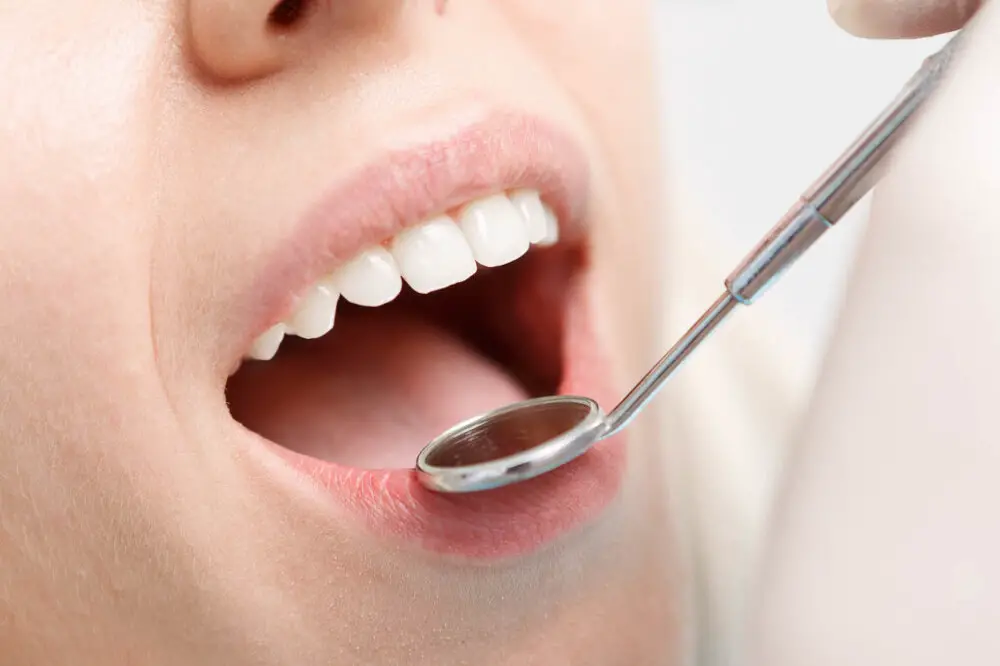
Dental issues are a common complaint among people of all ages. One of the most common dental issues is tooth pain, which can range from mild discomfort to severe pain. Tooth pain can be caused by a variety of factors, including cavities, gum disease, tooth decay, and tooth trauma. In some cases, tooth pain may also be caused by grinding or clenching of the teeth, which can lead to tooth sensitivity and pain. If you are experiencing tooth pain, it is important to seek treatment from a dentist as soon as possible to prevent the issue from worsening. Another common dental issue is tooth decay. Tooth decay is caused by the build-up of plaque on the teeth, which can lead to the erosion of tooth enamel and the development of cavities. If left untreated, tooth decay can lead to more serious dental issues, such as tooth loss and gum disease. To prevent tooth decay, it is important to practice good oral hygiene habits, such as brushing and flossing regularly and visiting a dentist for regular check-ups and cleanings. Additionally, avoiding sugary and acidic foods and drinks can also help to prevent tooth decay and maintain good dental health.
Cavities and decay are common dental problems that occur when bacteria in the mouth produce acid that erodes the enamel, causing holes or cavities in the teeth. This can lead to sensitivity, pain, and even infection if left untreated. Poor oral hygiene, a diet high in sugar and carbohydrates, and a dry mouth can all contribute to the development of cavities and decay. Prevention is key, and regular brushing, flossing, and dental check-ups can help to keep teeth healthy and free from decay. Treatment options include fillings, crowns, and root canals, depending on the severity of the decay.
Cracked or broken teeth are a common dental issue that can cause discomfort and pain while biting or chewing. This condition can be caused by a variety of factors, such as a dental injury, a cavity, or even natural wear and tear. The severity of the crack or break will determine the appropriate treatment, which may range from a simple filling or crown to more complex procedures like a root canal. In order to prevent cracked or broken teeth, it is important to maintain good dental hygiene habits such as regular brushing and flossing, avoiding hard or crunchy foods, and wearing a mouthguard during high-contact sports or activities.
Gum disease, also known as periodontal disease, is a common condition that affects the gums and can cause pain and discomfort when biting down. This condition is caused by bacteria that build up in the mouth and can result in inflammation, bleeding gums, and even tooth loss if left untreated. Risk factors for gum disease include poor oral hygiene, smoking, hormonal changes, and certain medications. Treatment options for gum disease include deep cleaning procedures, antibiotics, and in severe cases, surgery. Maintaining good oral hygiene habits such as brushing and flossing regularly, as well as visiting the dentist for regular check-ups, can help prevent gum disease and protect your teeth and gums.
Tooth sensitivity is a common dental issue that affects people of all ages. It is characterized by a sharp, shooting pain that occurs when the teeth are exposed to hot or cold temperatures, sweet or acidic foods, or even air. The pain can be mild or severe, and it can occur in one or more teeth. Tooth sensitivity can be caused by a variety of factors, including tooth decay, gum disease, grinding or clenching of teeth, worn enamel, and exposed tooth roots. Remedies for tooth sensitivity include using desensitizing toothpaste, avoiding acidic and sugary foods, using a soft-bristled toothbrush, and wearing a mouthguard at night to prevent grinding or clenching. If tooth sensitivity persists, it is important to see a dentist to rule out any underlying dental issues.
NonDental Issues
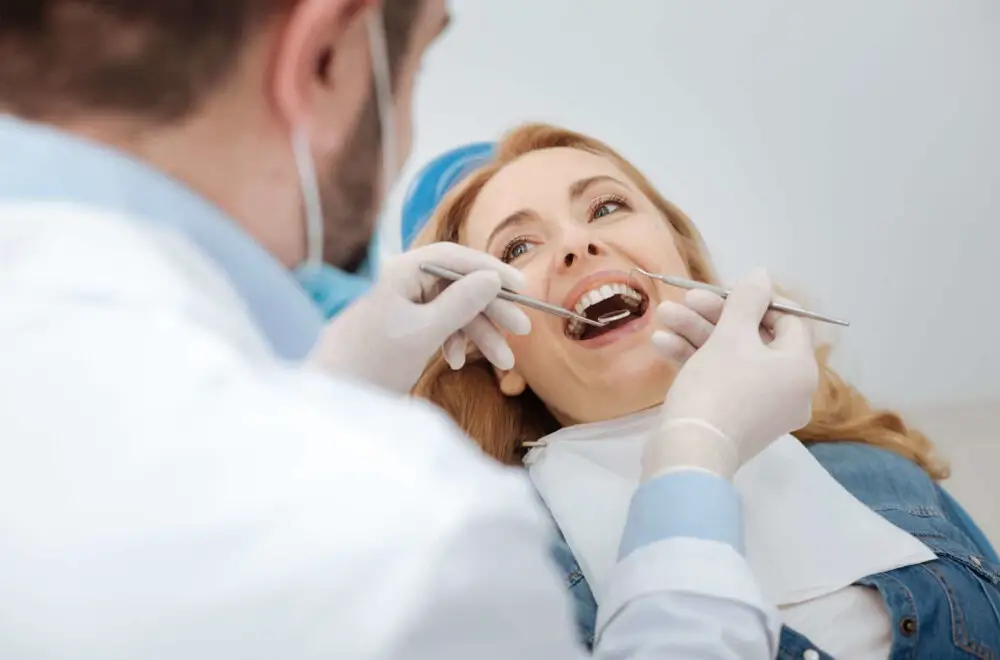
While biting down pain is typically associated with dental issues, there are several non-dental issues that can also cause discomfort in your teeth. One of the most common non-dental causes of tooth pain is sinusitis. When you have a sinus infection, the sinuses in your face become inflamed, which can put pressure on the roots of your upper teeth, causing pain when you bite down. Other non-dental causes of tooth pain include temporomandibular joint (TMJ) disorders, which affect the joints that connect your jaw to your skull, and bruxism, or teeth grinding. Both of these conditions can cause pain and discomfort in your teeth and jaw. In addition to these non-dental issues, certain medical conditions can also cause tooth pain. For example, if you have a heart attack, the pain can radiate to your teeth, causing discomfort when you bite down. Similarly, if you have an ear infection or an abscessed tooth, the pain can also radiate to your teeth, causing biting down pain. If you are experiencing tooth pain, it is important to consult with your dentist to determine the cause of the pain and develop an appropriate treatment plan.
Temporomandibular joint disorder (TMJ) is a condition that affects the jaw joint and the surrounding muscles. It can cause pain and discomfort in the jaw, face, neck, and shoulders, as well as difficulty opening and closing the mouth. TMJ can be caused by a variety of factors, such as teeth grinding, stress, arthritis, or injury to the jaw. Treatment options for TMJ include lifestyle changes, such as stress reduction and jaw exercises, as well as medications and dental appliances. In severe cases, surgery may be necessary. It is important to seek medical attention if you experience persistent pain or discomfort in the jaw area.
Sinus infections, also known as sinusitis, occur when the sinuses become inflamed due to a viral or bacterial infection or allergies. The sinuses are air-filled cavities located in the bones around the nose and are lined with a mucous membrane that produces mucus to help filter out allergens and pollutants. When the sinuses become inflamed, they can cause pain and pressure around the eyes, forehead, and cheeks, as well as a stuffy or runny nose and cough. Treatment for a sinus infection may include over-the-counter pain relievers, nasal decongestants, and saline nasal sprays to help relieve symptoms. In some cases, antibiotics may be necessary to clear up the infection.
Although ear infections may seem unrelated to teeth, they can actually be a common cause of tooth pain. When the middle ear becomes infected, pressure can build up and cause referred pain in the jaw and teeth. This type of pain is often described as a dull ache that can be felt throughout the affected side of the face. In addition to tooth pain, ear infections can also cause symptoms such as earaches, fever, and difficulty hearing. Treatment for ear infections typically involves antibiotics and pain relief medication, but in severe cases, surgery may be necessary to drain the infected fluid. If you are experiencing tooth pain along with other symptoms of an ear infection, it is important to seek medical attention to properly diagnose and treat the underlying cause of your discomfort.
Headaches are a common medical condition that affects millions of people worldwide. They can be caused by a variety of factors, including stress, lack of sleep, dehydration, and even dental problems. When the pain is concentrated in the head, it can be quite debilitating, making it difficult to concentrate or even carry out daily activities. Depending on the severity and frequency of headaches, different treatment options are available, ranging from over-the-counter pain medications to prescription drugs, lifestyle changes, and even alternative therapies. Identifying the underlying cause of the headache is crucial in developing an effective treatment plan, and seeking medical attention is recommended if headaches persist or worsen over time.
Remedies for Tooth Pain While Biting Down
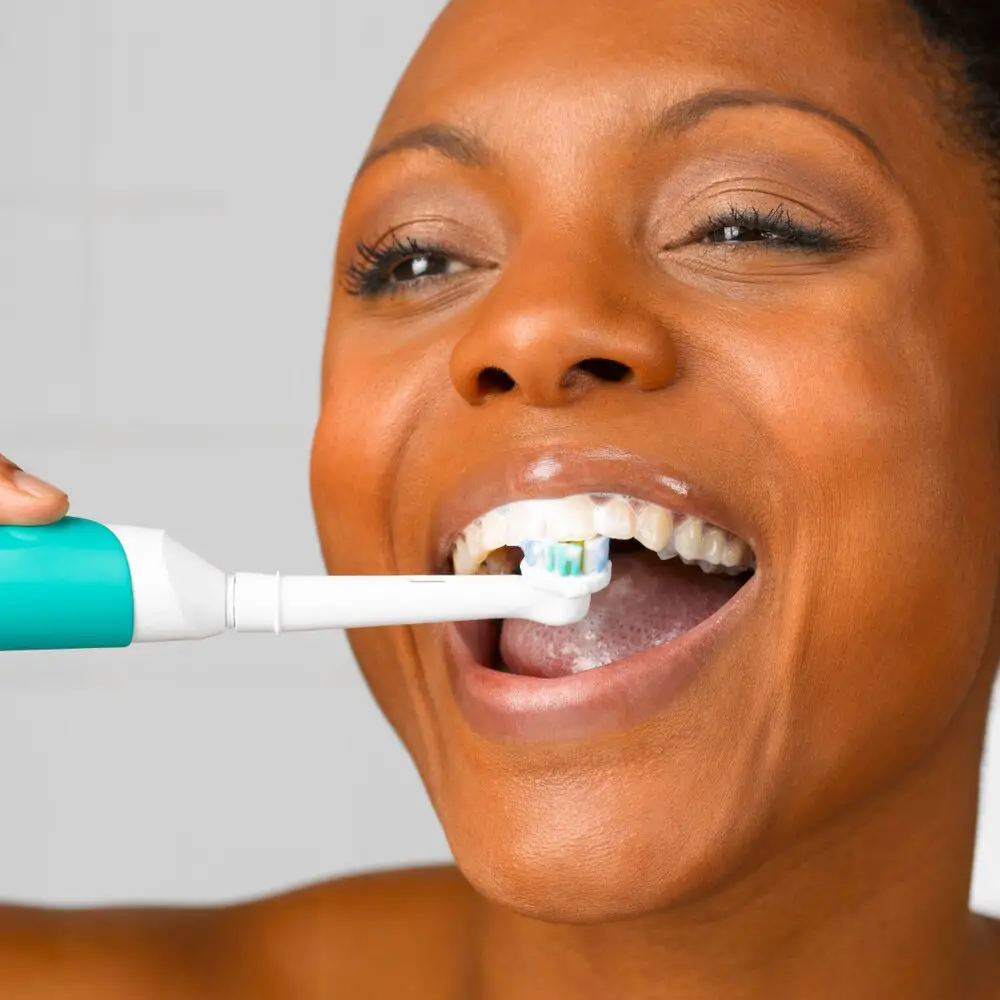
Tooth pain while biting down can be a frustrating and painful experience. Fortunately, there are several remedies available that can help alleviate the discomfort. One of the most common remedies for tooth pain while biting down is to use over-the-counter pain relievers such as ibuprofen or aspirin. These medications can help reduce inflammation and provide temporary pain relief. It is important to follow the recommended dosage instructions and consult with a healthcare professional if you have any concerns about taking these medications. Another effective remedy for tooth pain while biting down is to use a warm compress. Applying a warm compress to the affected area can help reduce swelling and provide relief from the pain. To make a warm compress, simply soak a clean cloth in warm water and place it on the affected area for 15-20 minutes. It is important to avoid using hot water as this can cause further damage to the tooth or surrounding tissues. Additionally, it is important to avoid applying direct pressure to the affected area while using a warm compress.
Maintaining good oral hygiene is crucial to prevent dental problems like tooth sensitivity. Brushing twice a day with fluoride toothpaste and flossing daily can help remove plaque and bacteria that can cause tooth decay and gum disease. It’s also important to avoid sugary and acidic foods and drinks, as they can erode tooth enamel and make teeth more sensitive. Regular dental check-ups and cleanings can also help detect and prevent dental issues before they become more serious. By taking care of your teeth and gums, you can reduce the risk of tooth sensitivity and other dental problems.
Desensitizing toothpaste is a useful tool in combating tooth sensitivity caused by various factors. This type of toothpaste is formulated with active ingredients that help to block nerve signals, reducing the discomfort that occurs when teeth are exposed to hot, cold, sweet, or acidic substances. The active ingredients in desensitizing toothpaste may include potassium nitrate, strontium chloride, or fluoride, all of which work to strengthen the tooth enamel and protect against further damage. Using desensitizing toothpaste regularly can help to alleviate tooth pain and improve overall oral health, making it a valuable addition to any oral hygiene routine.
If you’re experiencing pain when biting down, it’s important to avoid hard or sticky foods. These types of foods can put excessive pressure on your teeth and cause further damage, especially if you have a cracked or broken tooth. Hard foods like ice, popcorn kernels, and hard candy can also wear down your tooth enamel over time, making your teeth more susceptible to sensitivity and decay. Sticky foods like caramel, taffy, and gum can get stuck in between your teeth and cause discomfort or even break a filling. Instead, opt for softer foods that are easier to chew, like cooked vegetables, fish, and eggs. By avoiding hard and sticky foods, you can help protect your teeth and prevent further pain or damage.
Teeth grinding, or bruxism, can cause significant damage to your teeth and lead to a host of uncomfortable symptoms, including headaches, jaw pain, and tooth sensitivity. If you suffer from bruxism, getting a custom-fitted mouthguard can be an effective way to protect your teeth and reduce your symptoms. Mouthguards work by providing a cushion between your upper and lower teeth, preventing them from grinding against each other. While over-the-counter mouthguards are available, custom-fitted mouthguards from a dentist offer a more precise fit and greater comfort. In addition to using a mouthguard, it’s important to address any underlying causes of bruxism, such as stress or sleep disorders, to prevent further damage to your teeth.
Dental treatments such as fillings and root canals are common solutions for tooth pain caused by decay or infection. Fillings involve removing decayed material from the tooth and filling the resulting space with a restorative material, such as composite resin or amalgam. Root canals, on the other hand, are more invasive and involve removing infected or damaged tissue from the tooth’s pulp, cleaning the area, and filling it with a special material. Both procedures can help alleviate tooth pain and prevent further damage to the affected tooth. It is important to seek prompt dental care if you experience tooth pain, as untreated decay or infection can lead to more serious dental issues.
When to See a Dentist
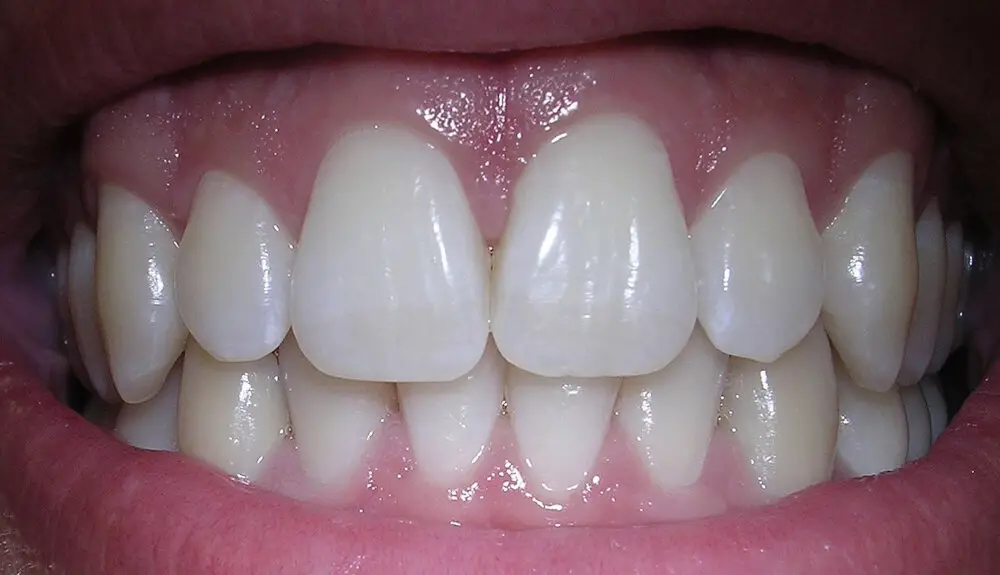
It is important to know when to see a dentist if you are experiencing tooth pain or sensitivity. Ignoring the problem can lead to more serious dental issues in the future. If you are experiencing pain when biting down, it could be due to a variety of causes such as cracked or decayed teeth, gum disease, or a misaligned bite. Visiting a dentist as soon as possible can help identify the root cause of the problem and prevent further damage to your teeth. In addition to pain when biting down, other signs that you should see a dentist include persistent toothaches, bleeding gums, bad breath, and loose teeth. These symptoms may be indicative of more serious dental issues that require professional attention. Regular dental checkups can also help prevent dental problems from occurring in the first place. By visiting your dentist at least twice a year, you can identify any potential problems early on and take steps to prevent them from becoming more serious. Don’t wait until it’s too late – make an appointment with your dentist today if you are experiencing any dental pain or discomfort.
Persistent pain while biting down is a common dental problem that can be caused by several factors. One of the most common causes of this pain is tooth decay, which can create cavities and expose the tooth’s sensitive nerves. Additionally, cracked or broken teeth, gum disease, and temporomandibular joint disorder (TMJ) can also cause pain when biting down. It is important to seek dental treatment if you experience persistent pain while biting down, as it can lead to further damage or infection. Remedies for this issue may include dental fillings, root canals, or even tooth extractions, depending on the severity of the problem.
Swelling or bleeding in the gums is a common symptom that can be indicative of various dental issues. It is often accompanied by pain or discomfort, especially when biting down or chewing. The most common cause of gum swelling and bleeding is gum disease, which is caused by the accumulation of plaque and tartar on the teeth and gums. Other potential causes include poor oral hygiene, hormonal changes, medication side effects, and certain medical conditions such as leukemia or diabetes. If left untreated, gum disease can lead to tooth loss and other serious complications, so it is important to seek prompt dental care if you experience any signs of gum swelling or bleeding. Treatment options may include deep cleaning, antibiotics, or surgery, depending on the severity of the condition.
Loose or missing teeth can be a serious concern for anyone. It can be caused by trauma, gum disease, or tooth decay. If left untreated, it can lead to further damage to the surrounding teeth and gums. However, there are various remedies for loose or missing teeth, such as dental implants, bridges, or dentures. It is important to seek dental advice immediately if you notice any signs of loose or missing teeth, as early intervention can prevent further damage and improve your overall dental health.
Jaw pain or clicking sounds while eating or talking can be a signal of several underlying dental problems. It could be due to temporomandibular joint disorder (TMD), which occurs when the joint that connects the jawbone to the skull is inflamed or damaged. Other causes may include bruxism, or teeth grinding, which can lead to muscle tension and a misaligned bite. Additionally, an impacted wisdom tooth or tooth decay can cause pain and clicking sounds. To alleviate the discomfort, some remedies include applying a warm compress to the affected area, practicing relaxation techniques to reduce muscle tension, or wearing a dental appliance to correct the bite. It is essential to consult a dentist to determine the root cause of the problem and receive appropriate treatment.
In addition to tooth pain, biting down can also cause other symptoms such as fever or headache. These symptoms are often indicative of an underlying dental issue that requires prompt attention. A fever may indicate the presence of an infection in the tooth or surrounding tissues, while a headache may be a sign of a more serious condition such as a temporomandibular joint disorder (TMD). It is important to consult with a dental professional if you experience these symptoms, as they can provide an accurate diagnosis and recommend appropriate treatment options. Additionally, practicing good oral hygiene habits and seeking regular dental care can help prevent tooth pain and other related symptoms from occurring in the first place.
Tooth pain while biting down can have various causes, both dental and non-dental. Dental causes may include tooth decay, cracked or chipped teeth, infected pulp, gum disease, or a loose filling. Non-dental causes may include sinus infections, temporomandibular joint (TMJ) disorders, or even stress-induced teeth clenching or grinding. It’s important to identify the root cause of your tooth pain to treat it effectively. A visit to the dentist can help diagnose and treat dental causes, while non-dental causes may require medical attention from a doctor or specialist. In some cases, simple remedies such as applying ice or heat, adjusting your bite, or using over-the-counter pain relievers may help alleviate the discomfort.
Persistent pain is not only uncomfortable but can also significantly affect one’s quality of life. Seeking professional help for this type of pain is crucial as it can be an indication of an underlying health issue that needs medical attention. Pain that persists for weeks or months can lead to depression, anxiety, and a decrease in overall well-being. A professional can identify the root cause of the pain and provide appropriate treatment options, which may include medication, physical therapy, or even surgery. Ignoring persistent pain can worsen the condition and lead to chronic pain, making it more challenging to treat. Seeking professional help is essential for managing persistent pain and improving one’s quality of life.
One of the most effective ways to prevent tooth pain due to decay or infection is to prioritize good oral hygiene practices and schedule regular dental checkups. Brushing twice a day with fluoride toothpaste, flossing daily, and using mouthwash can help remove plaque and bacteria buildup that can lead to cavities and gum disease. Additionally, scheduling regular dental checkups allows a dental professional to identify and address any potential issues early on, before they worsen and cause pain. By emphasizing prevention through good oral hygiene and regular dental visits, individuals can maintain optimal dental health and avoid the discomfort of tooth pain.
Conclusion
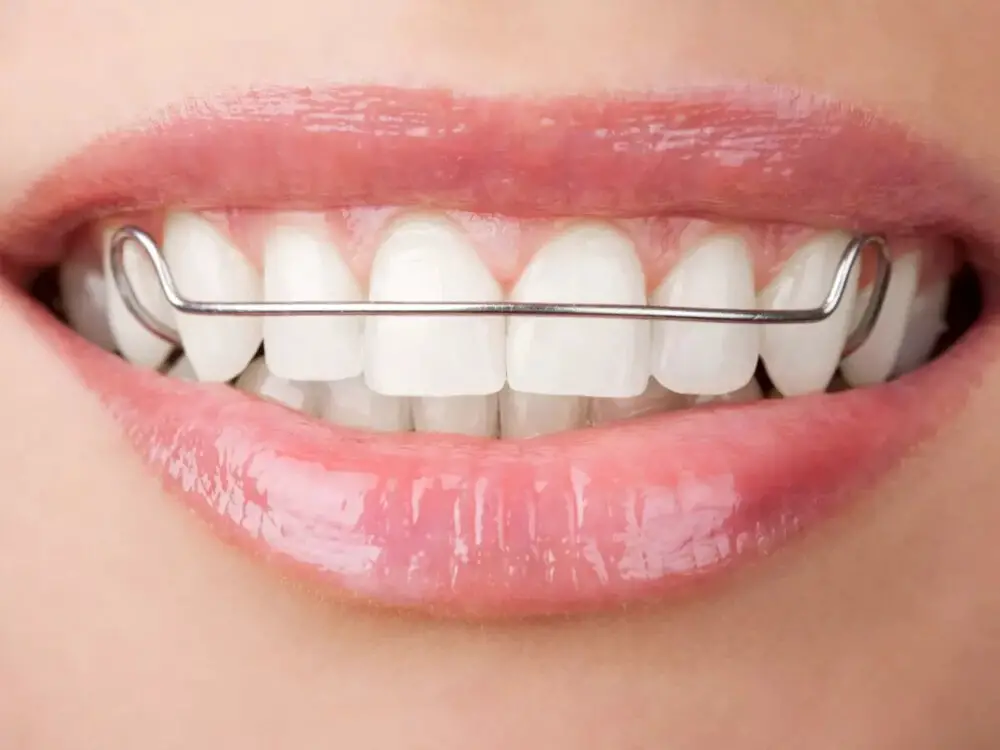
In conclusion, biting down can cause pain in your teeth due to a variety of reasons, including tooth decay, gum disease, teeth grinding, and trauma. Ignoring the pain can lead to worsening conditions, such as infected teeth or jaw problems. Therefore, it’s crucial to seek dental care if you experience tooth pain. Remedies may include using a mouthguard, practicing good oral hygiene, reducing stress, and avoiding hard or sticky foods. By taking care of your teeth and seeking professional help when needed, you can prevent further damage and enjoy a healthy, pain-free smile.


